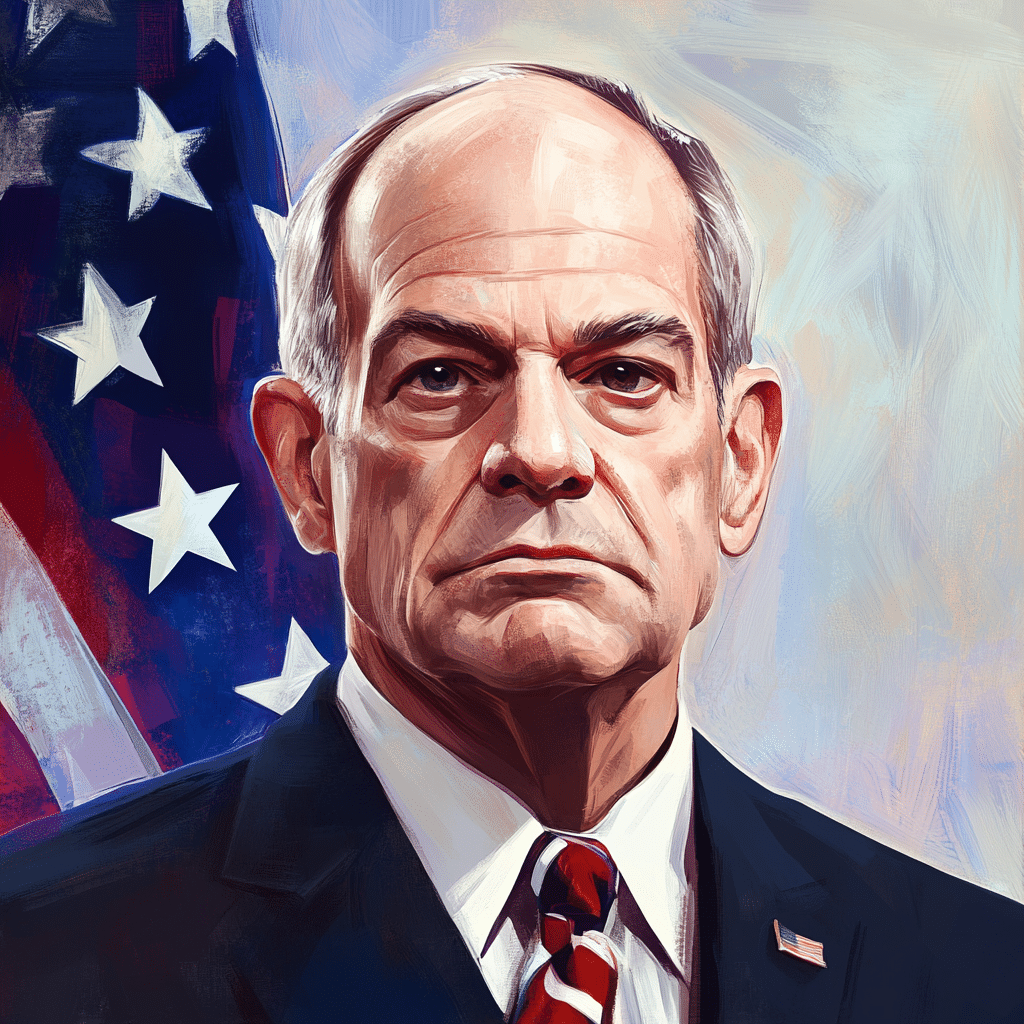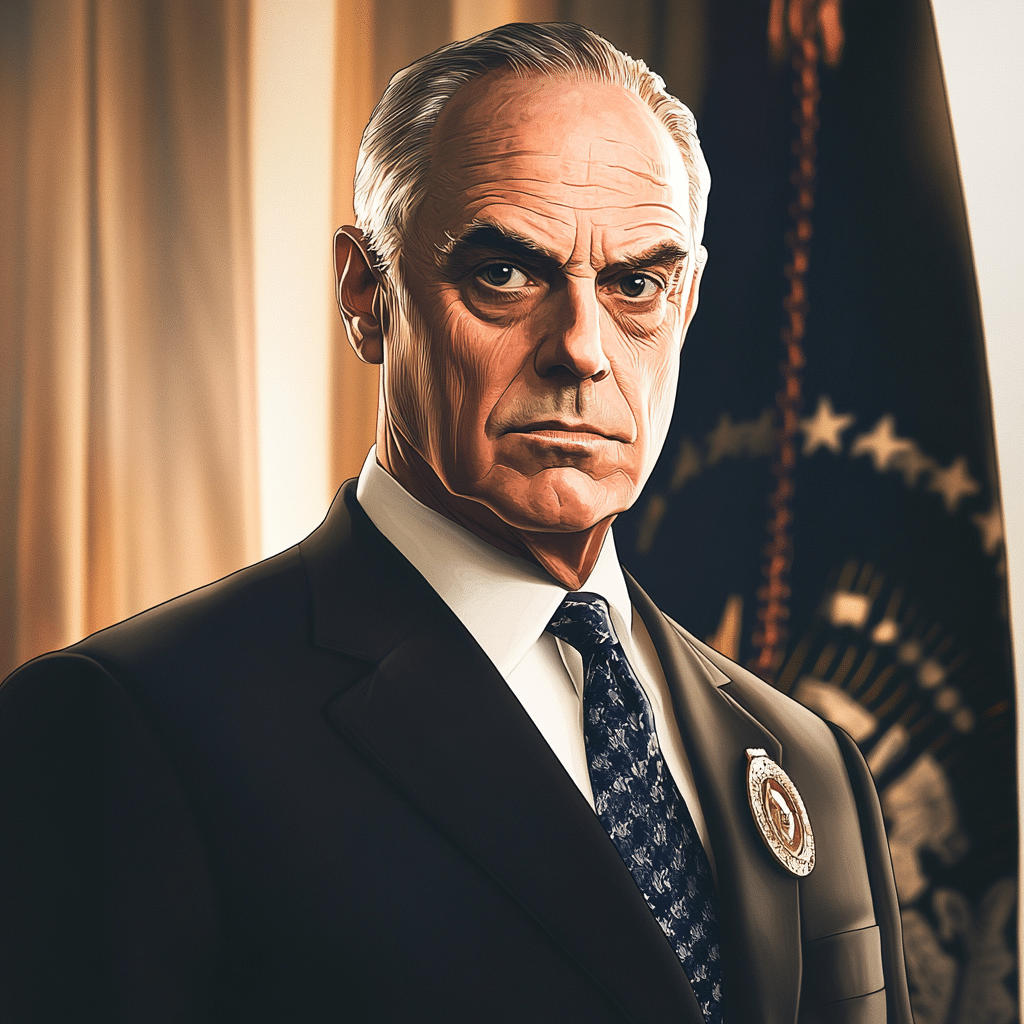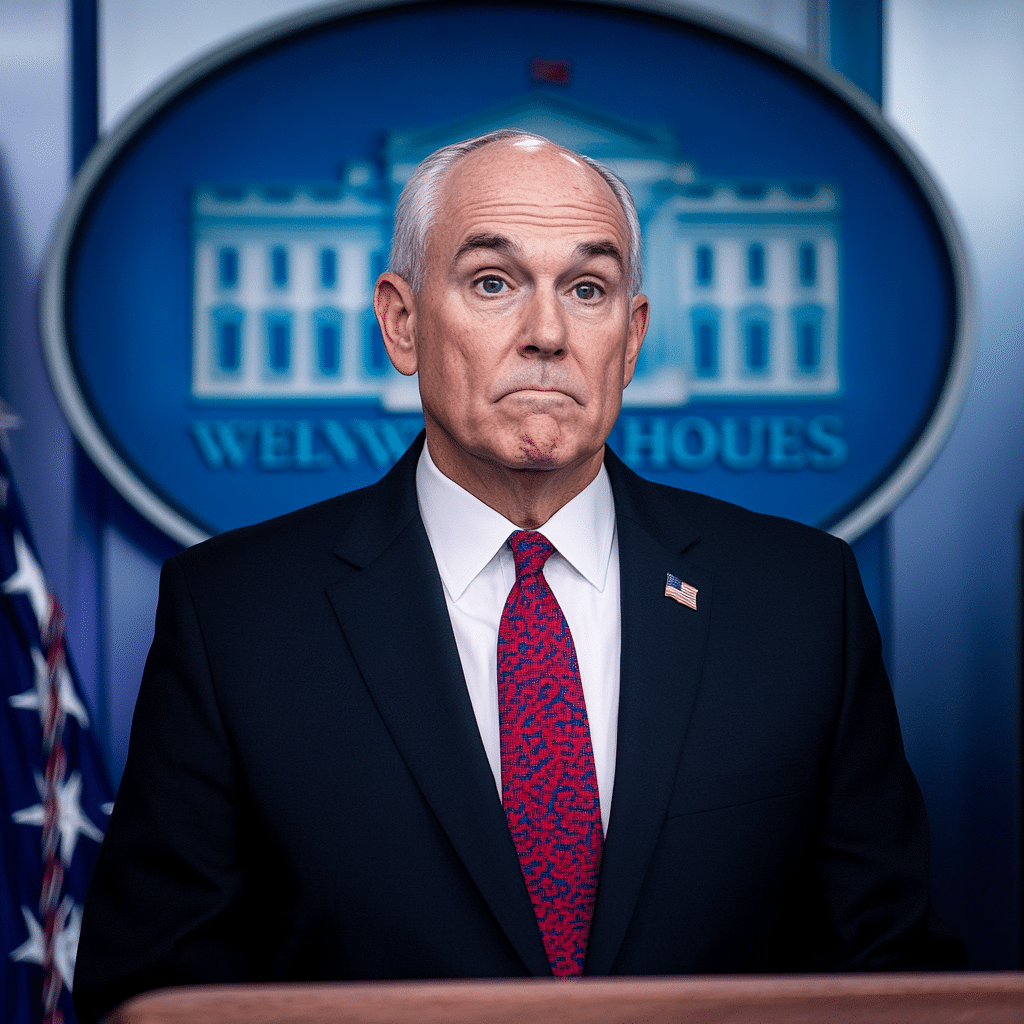The White House Chief of Staff stands as one of the most powerful figures within the U.S. government. This role not only shapes domestic and foreign policy, but it also profoundly influences the president’s leadership style. Serving as the president’s gatekeeper, advisor, and coordinator, the White House Chief of Staff plays a critical role in managing both the flow of information and the White House staff. In this article, we will delve into the essential responsibilities and impacts of this position through seven key functions, highlighting how the Chief of Staff holds substantial sway over the administration’s effectiveness.
The Critical Influence of the White House Chief of Staff
The responsibilities of the White House Chief of Staff are varied and pivotal. They operate behind the scenes to ensure the president’s agenda is not only articulated but fully implemented. Their influence stretches beyond management, as they often act as the president’s closest confidant. This article examines how past Chiefs of Staff have embodied this role and how it continues to be crucial for upcoming presidential administrations.

1. Presidential Advisor
One of the key capacities of the White House Chief of Staff is serving as a trusted advisor to the president. Take, for instance, Mark Meadows, who was the Trump Chief of Staff. During the COVID-19 pandemic, Meadows played a significant role in coordinating the administration’s response by liaising with health agencies and crafting strategies to manage the crisis. Such guidance extends beyond mundane operations, significantly impacting strategic decision-making that can set the tone for long-term policies.
2. Policy Implementation
Executing established policies is another essential aspect of the White House Chief of Staff’s role. Following President Trump’s announcement about withdrawing troops from Syria, it was Mick Mulvaney, the Trump Chief of Staff, who orchestrated the effort. This involved directing the Department of Defense and other agencies to effectively carry out a decision that was met with both support and backlash. The Chief of Staff regularly navigates the intricate systems and relationships among various governmental departments to ensure policy directives are fulfilled smoothly.
3. Communication Management
Managing communications within the White House is critical to maintaining a cohesive administration. The White House Chief of Staff oversees what information reaches the president, who provides it, and constituents’ responses. During Trump’s presidency, this aspect stood out as critical, particularly with the Chief of Staff facilitating efforts across Congress. An example of this is how negotiating the Trump tax cuts necessitated a deft handling of relationships and stakeholder interests with the Trump Department of Education also playing a role in setting educational policy.
4. Crisis Management
When crises arise, the Chief of Staff steps into a lead strategist role. For example, during the initial stages of the pandemic, Meadows coordinated federal response initiatives while advising on immediate actions needed to tackle the unfolding health crisis. By working closely with the Trump Secretary of Defense and other key players, he ensured that the administration addressed the situation efficiently and effectively.
5. Staff Oversight
One of the Chief of Staff’s significant responsibilities is to manage White House personnel. This encompasses everything from hiring decisions to ensuring senior advisors align with the president’s goals. President Trump’s frequent staff changes reflected the Chief of Staff’s efforts to adapt to shifting political landscapes and priorities. These reshuffles were critical in promoting an environment where the president’s administration could thrive.
6. Political Strategy
The Chief of Staff is also integral in shaping the political strategy that drives presidential initiatives. They play a vital role in anticipating future elections and gauging public sentiment. For instance, during election cycles, Chiefs of Staff such as Reince Priebus—serving under Trump—helped galvanize the Republican base and set the stage for midterm and presidential campaigns. Their strategic insight can steer a president toward successful legislative outcomes.
7. Gatekeeping
The gatekeeping function is one of the most visible aspects of the White House Chief of Staff’s role. This position requires filtering information and determining which matters get the president’s attention. During the early Trump administration, both Priebus and later John Kelly excelled at managing access to the president. This filtering proved influential in shaping policy discussions and decision-making processes within the administration.

The Lasting Legacy of the White House Chief of Staff
The White House Chief of Staff not only addresses present challenges but also has a lasting effect on the future of an administration—and the nation. Take, for instance, Chiefs like John F. Kelly and Reince Priebus; their effectiveness in this role could either bolster or hinder a president’s impact in office. By understanding the intricate balance of managing staff, crises, communication, and strategy, they position their administrations for future success or failure.
As we peer into the looking glass of 2024, the influence of the White House Chief of Staff will remain vital as presidential candidates emerge and discussions about the future of governance evolve. These leaders have proven that they can shape not just the operations of the White House but the political narrative of their time. As we continue to watch the intricate dance of American politics, it’s evident that the Chief of Staff is not merely an administrative position but a cornerstone of presidential leadership, crafting policies that ripple through history.
In summary, the White House Chief of Staff holds a multidimensional role, acting as a crucial connector between the president’s vision and the practical realities of governance. Their contributions permeate every facet of political leadership, influencing not only immediate operations but shaping the broader trajectory of American policy and history.
The Powerful Role of the White House Chief of Staff
Ever wondered what makes the role of the white house chief of staff so pivotal in U.S. politics? This position is often dubbed the “gatekeeper” of the President. The chief of staff manages daily operations, sets agendas, and ensures that government projects get moving — all while serving as a key advisor. It’s a high-stakes game, and the dynamics can shift faster than a Yankees World series win can be celebrated! Interestingly, chief just like a quarterback, needs to read the political field, making quick decisions that can influence major policy or negotiations.
Trivia That Packs a Punch
Did you know that some white house chief of staff appointments come with a bit of history? For instance, each chief effectively becomes a part of the administration’s legacy, managing everything during both triumphs, such as when a city celebrates the opening of a Buffalo Bills new stadium, or crises, like unexpected national events. Speaking of legacy, the role has also been portrayed in popular culture, and fans might recall the antics of characters like Alex from Modern Family, which showcase the comedic side of family dynamics when someone’s in a high-pressure career.
Intriguing Facts to Chew On
A chief of staff juggles an array of responsibilities that would make anyone’s head spin! They balance communication between the president and Congress, often answering questions like, Is there going To be a recount on Friday? or diving into policy debates. To relate this back to pop culture, the drama in shows like Mi Corazon Es Tuyo often highlights how communication can go awry, drawing parallels to real-life complications in politics. Plus, how about this? The role has evolutionary aspects similar to advancements in technology; just think about how high-tech a tool like the Hyte Y70 touch can be for efficiency. Overall, the white house chief of staff is not just a title; it’s a powerful linchpin in the intricate workings of the U.S. government.




